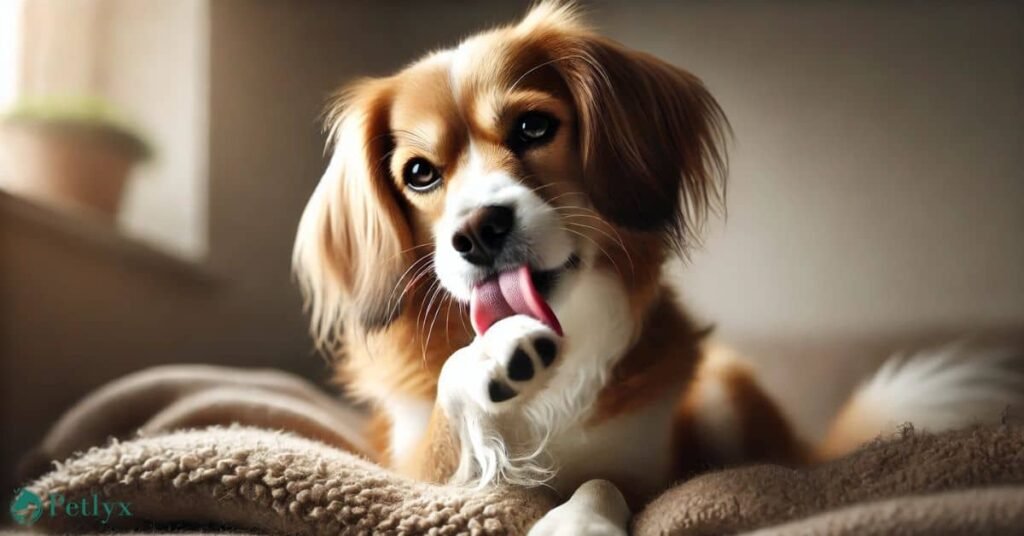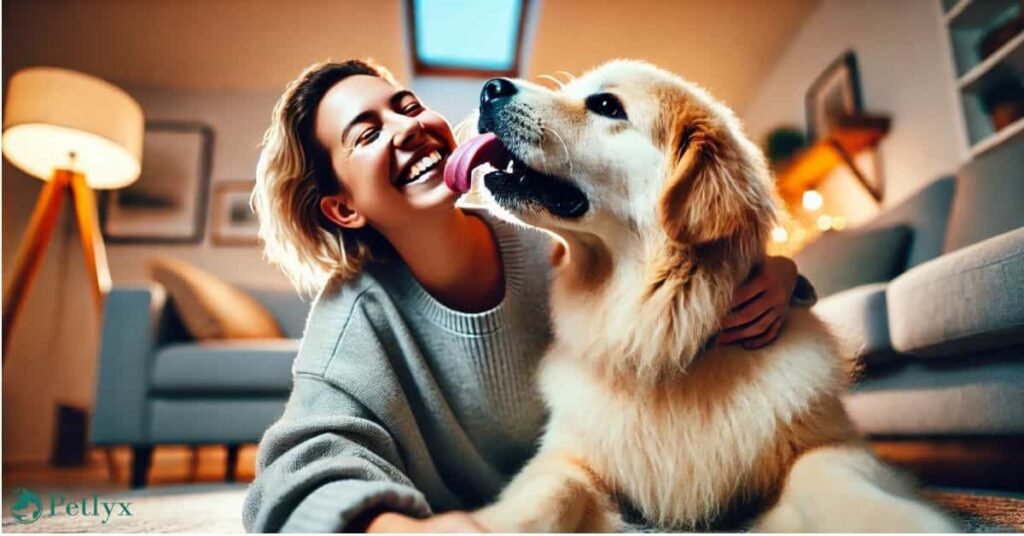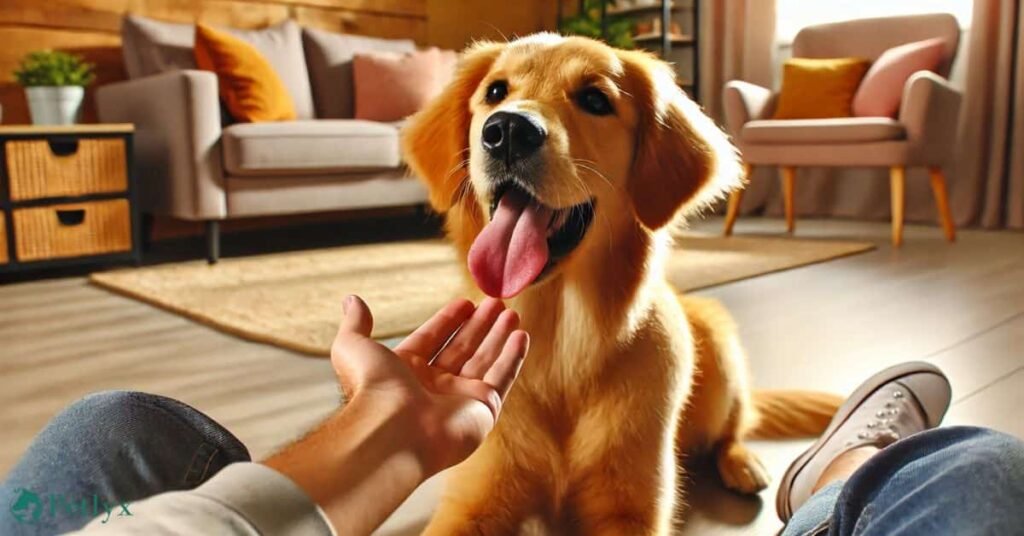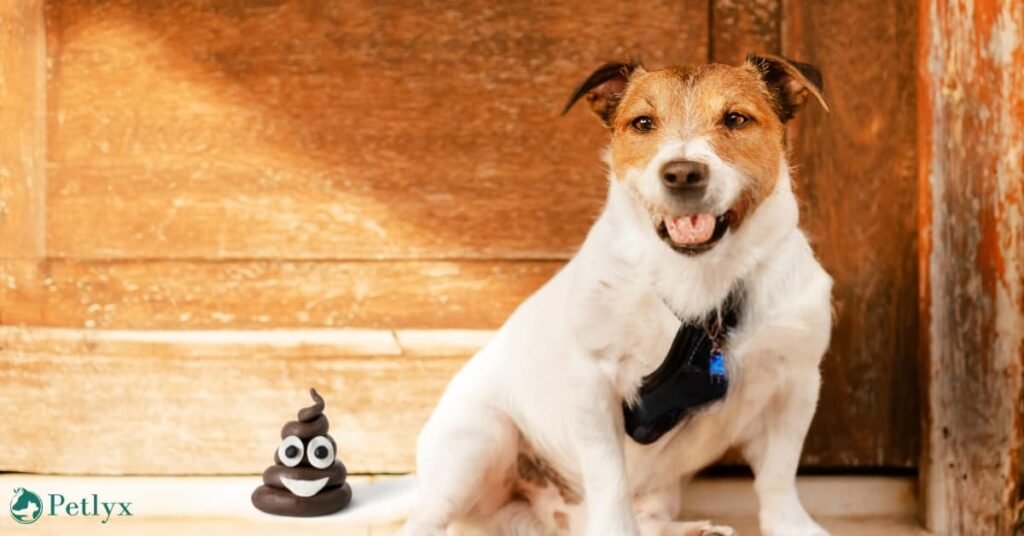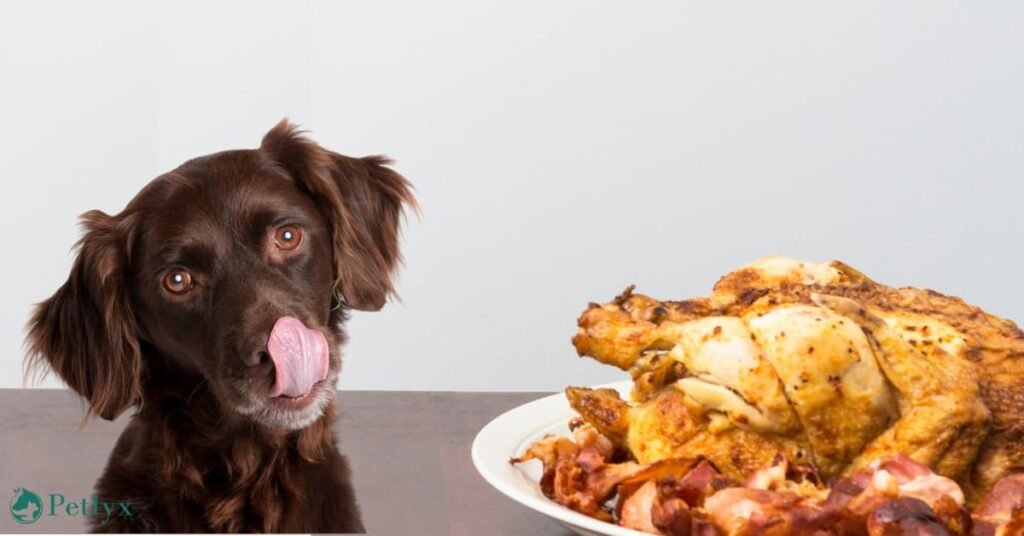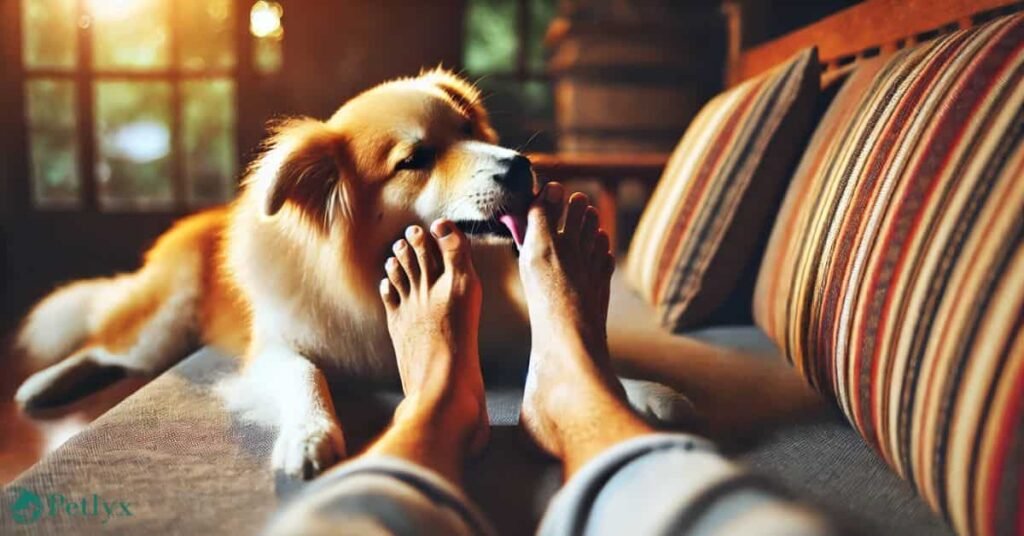
Have you noticed your dog acting weird lately? A dog’s behavior can tell much about its mental and physical health. Dogs usually react to changes in their bodies, which shows in their body language. Lack of nutrients and deficiency of a certain vitamin make them act out of the normal, and the owners can notice these changes in their behavior. There can also be symptoms such as weakness, fatigue, and vomiting.
If you catch your dog exhibiting weird behavior such as eating cat poop, sleeping more than usual or excessively licking their paws, it might be the time for you to get in action and take your dog to a health checkup immediately.
Today’s topic of discussion is why dogs eat cat poop. Let’s begin and explore all the details!
Why Do Dogs Like To Eat Cat Poop?
There can be many reasons as to why dogs eat cat poop. They might just be bored and went on a hunt to relieve their boredom, got attracted by the sweet smell of cat poop produced by the digested cat food, or have a nutritional deficiency, There might be the cause. To find the exact reason, consult a vet immediately.
Here are some common reasons why dogs eat cat poop:
- Attraction to Protein: A typical cat diet is high in protein. Some of these proteins are also left in cat stool, which can attract dogs.
- Hunger or Nutrient Deficiency: If dogs are not receiving enough nutrients from their daily diets, they might start looking for other things to eat such as feces.
- Instinctual Behavior: Coprophagia is one of dogs’ natural, instinctual behaviors. Dogs are natural scavengers, and eating feces is not rare for them.
- Boredom: Dogs that are mentally or physically under-stimulated may be driven to odd behavior from sheer boredom, such as consuming cat feces.
- Taste or Smell: Cat stools might have a sweet smell because of cat food which can be appealing to some dogs.
- Attention Seeking: Some dogs eat cat feces in order to gain attention from their owner. Even negative attention feedback can make your dog learn and repeat this method.
- Imitation of Mothering Behavior: Puppies tend to see their mother clean up their feces and try to copy their act.
- Medical Condition: Malabsorption Syndromes, parasites, diabetes, and other diseases can provoke a dog to exhibit coprophagia.
While these are some reasons, it’s important to discourage this behavior as it can lead to health issues.
Here’s a simple chart of nutrients found in cat poop that might attract dogs, along with their potential effects:
| Nutrient | Description | Potential Effects on Dogs |
| Proteins | Undigested proteins from the cat’s diet. | May cause gastrointestinal upset if consumed in excess. |
| Fats | Undigested fats that are not fully broken down. | Can lead to pancreatitis or digestive issues. |
| Carbohydrates | Some carbohydrates may be present, although in low amounts. | Generally not harmful, but can contribute to digestive upset. |
| Vitamins | Certain B vitamins may be present. | Excess consumption can lead to vitamin imbalances. |
| Minerals | Minerals like calcium, phosphorus, and magnesium. | Can affect mineral balance if consumed regularly. |
Is Cat Poop Dangerous For Dogs To Eat?
Vets discourage this behavior as cat poop can cause your dog to get ill or have an upset stomach. By eating the stool of cats on medication, your dog can also be affected by them, leading to serious health consequences. Similarly, cats with intestinal parasites can cause your dog to contract these parasites as well. Cat stools also carry bacteria like salmonella and E.coli, which can infect your dog if it comes in contact with cat stool carrying these pathogens.
Even though eating poop is a natural behavior for dogs as they are scavengers by nature but this is a habit that should be stopped for the better of your dogs. In most cases, they might not get ill by consuming small amounts, but the risk remains.
How To Stop Your Dog From Eating Cat Poop
Eating cat poop is a natural behavior for dogs. However, it can be dangerous. Here is how you can prevent your dog from eating cat stool:
1. Train Your Dog
The best way to prevent your dog from eating cat poop is by training it not to do so. You can teach it the “No” and “Stop it” commands to help you control your dog verbally. Or you can give it proper behavior training, teaching it not to eat cat poop. A trainer or dog behaviorist can help you with this.
2. Keep The Litter Box Clean
Keep your cat’s litter box empty and clean. This will keep your dog away and eliminate the chances of it sneaking into your cat’s litter box.
3. Buy A Dog-Proof Litter Box
Buying a litter box that is dog-proof can be a game changer for you. These kinds of litter boxes are built in such a way which prevents dogs from scavenging and consuming cat poop.
4. Plan A Balanced Diet For Our Dog
Most of the time, dogs try to eat cat poop when they are not getting enough nutrients from their daily food. A balanced diet can prevent this behavior.
5. Use Deterrents
Products such as sprays and other items can help prevent your dog from consuming cat stools. These products are created for this very purpose and are very effective.
6. Keep The Litter Box Away From Reach
The most simple way to prevent your dog from eating cat poop is to keep the litter box away from it. Put it in a place that is not readily accessible to your dogs.
Is Eating Poop Beneficial For Dogs?
Generally speaking, consuming fecal matter is not good but for young dogs, it can be beneficial to some degree. Feces contain bacteria that help in digestion and since young dogs don’t have these bacteria in their digestive tract, eating cat poop can help. However, it should be noted that this behavior can also be very dangerous as cat stool can also contain other harmful bacteria such as salmonella and E.Coli and thus this behavior should be prevented.
Conclusion
There are many reasons as to why dogs eat cat poop. If your dog is also showing similar behavior, it is best to train your dog not to do it. Preventing your dog from eating cat poop is the best course of action for their safety. For further advice, consult your vet. That’s it for today, but for Petlyx, this is just the beginning of our journey to making this world a better place for your pets. Join us today!

